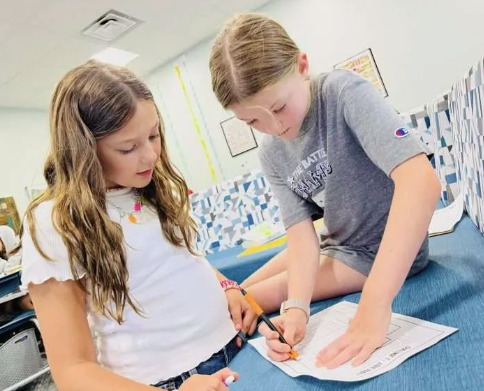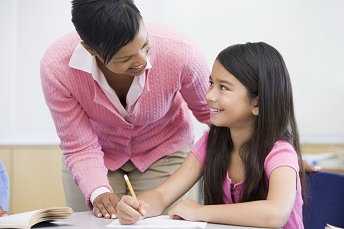Introduction
Gifted students often require learning experiences that challenge their advanced abilities and stimulate their curiosity. Personalized learning is a powerful approach for meeting the unique needs of gifted learners by providing them with opportunities to explore topics in depth, progress at an accelerated pace, and pursue their individual interests. When tailored effectively, personalized instruction can help gifted students reach their full potential while remaining engaged and motivated.
1. Recognizing the Needs of Gifted Learners
Gifted students are not a one-size-fits-all group. Some may excel in a particular subject, while others show advanced capabilities across multiple domains. Personalized learning begins by identifying each student’s strengths, interests, and preferred learning styles through assessments, observations, and dialogue with students and families.
2. Offering Flexible Pacing and Curriculum Compacting
Gifted learners often benefit from moving through standard curriculum at a faster pace. Curriculum compacting allows students to skip material they’ve already mastered and spend more time on advanced topics. This prevents boredom and encourages deeper exploration.
3. Encouraging Independent and Inquiry-Based Projects
Personalized learning for gifted students should include opportunities for self-directed study and creative problem-solving. Inquiry-based projects, passion-driven research, and independent study modules allow students to explore areas of interest beyond the core curriculum. Teachers can act as mentors, providing guidance and resources while giving students freedom to dive deep.
4. Integrating Higher-Level Thinking Activities
Gifted learners thrive when challenged with complex questions and abstract concepts. Lessons can incorporate critical thinking, analysis, and synthesis to stretch students intellectually. Activities such as debates, simulations, or designing original solutions to real-world problems promote deeper engagement.
5. Providing Social and Emotional Support
While gifted students may excel academically, they also need support to navigate social and emotional challenges. Personalized learning environments can include peer discussions, mentorship, and reflection activities to help students develop self-awareness, resilience, and collaboration skills.
6. Collaborating with Families and Specialists
Teachers can work closely with families and gifted education specialists to tailor learning experiences and monitor progress. Open communication helps ensure consistency and allows for adjustments that align with the student’s evolving needs and interests.
Conclusion
Personalized learning offers a dynamic and responsive way to nurture the potential of gifted students. By adapting instruction to challenge, inspire, and support each learner, educators can create pathways for gifted students to excel academically and grow personally. With thoughtful planning and a student-centered mindset, personalized learning can turn potential into achievement and passion into lifelong purpose.














